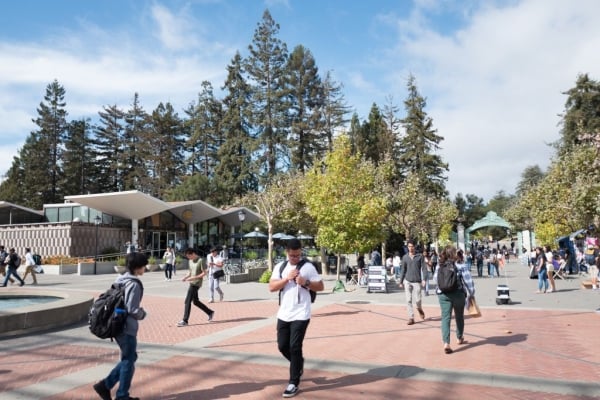Campus Engagement Tip: Create a Commuter Orientation
For many college students, commuting to campus is a necessary part of their college experience. Whether they live nearby or simply prefer to live off-campus, the commuter population is a significant part of any college community. However, oftentimes commuter students can feel disconnected from campus life and struggle to fully engage in the college experience.
To address this issue, colleges and universities should consider creating a commuter orientation program specifically tailored to the needs and interests of commuter students. A commuter orientation can help build a sense of community among commuters, provide them with valuable information and resources, and help them feel more connected to campus life.
Here are some tips for creating a successful commuter orientation program:
1. Provide important information: Commuter students often have different needs and concerns than resident students. Make sure to provide information on parking, transportation options, campus resources, and any specific services available to commuter students.
2. Create a sense of community: Organize social events and activities that bring commuter students together. This can help them meet other commuters, build connections, and feel like they belong on campus.
3. Offer workshops and resources: Provide workshops on topics such as time management, study skills, and stress management to help commuter students succeed academically. Make sure to also highlight resources available on campus such as the library, tutoring center, and career services.
4. Involve commuter students in planning: Get input from commuter students when planning the orientation program. This can help ensure that the program meets their needs and interests.
5. Follow up: Keep in touch with commuter students throughout the semester to provide ongoing support and information. This can help them stay connected to campus life and feel supported.
By creating a commuter orientation program, colleges and universities can help commuter students feel more connected to campus life and better equipped to succeed academically. Providing valuable information, building a sense of community, and offering resources and support can make a significant difference in the experience of commuter students on campus.



